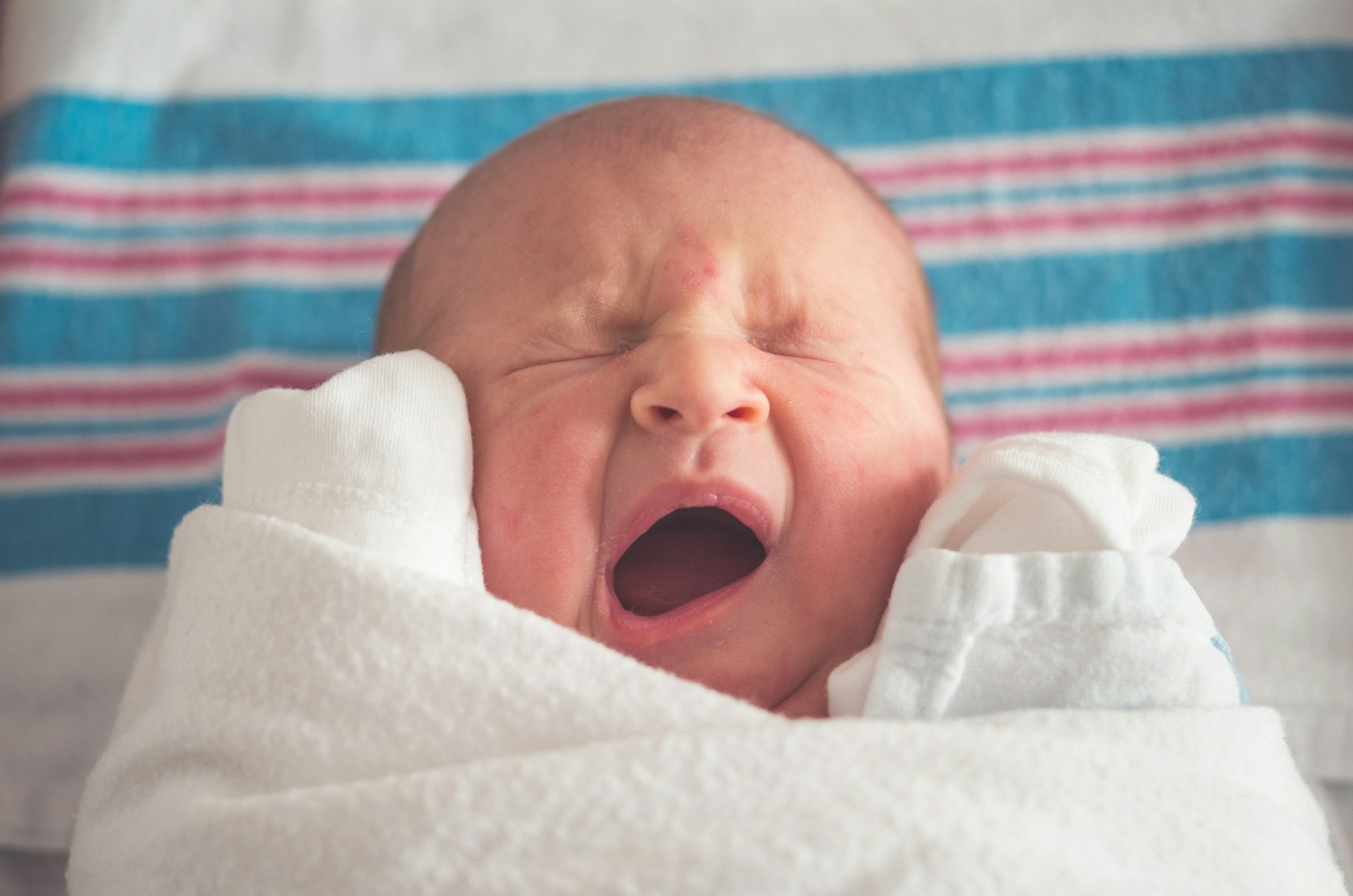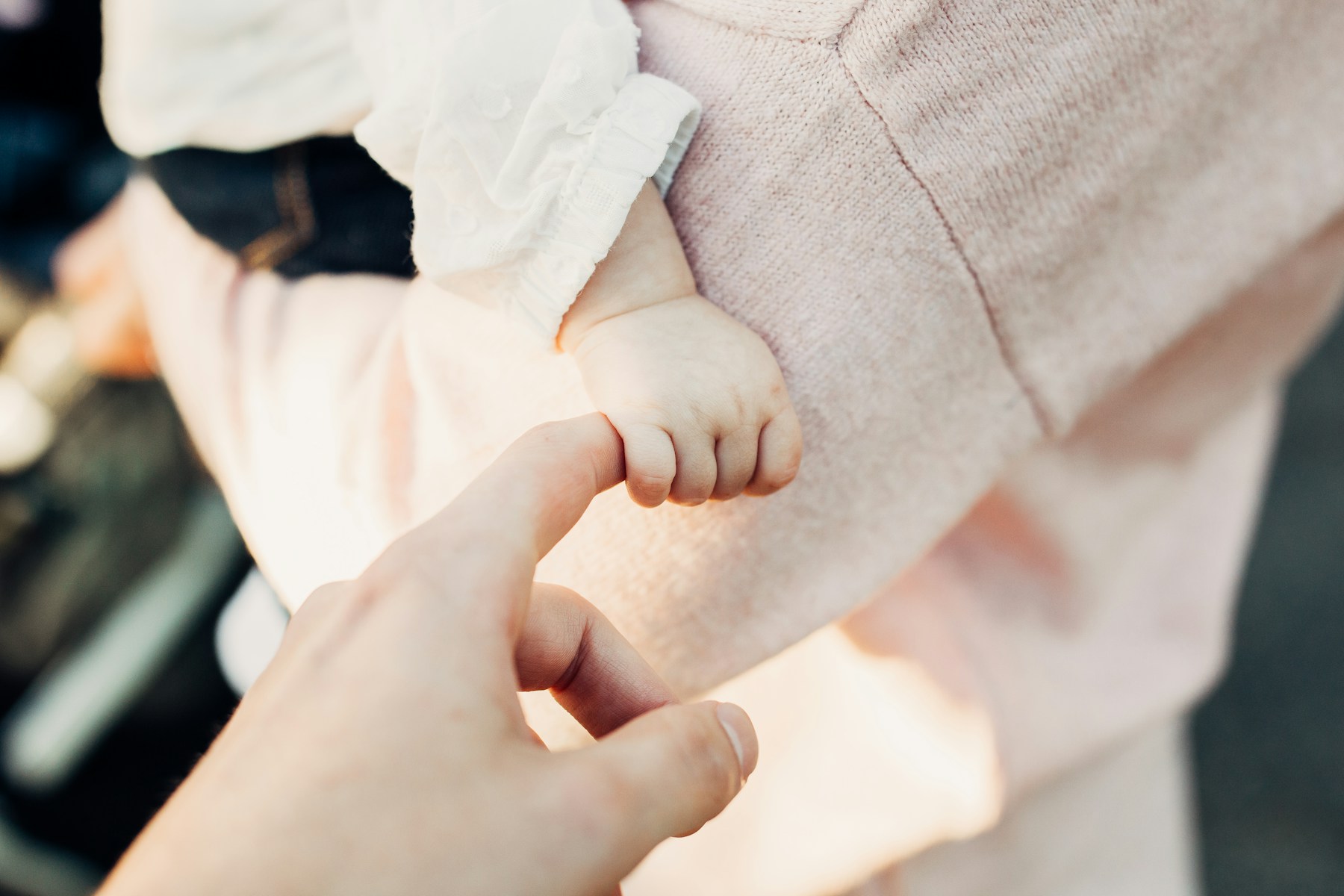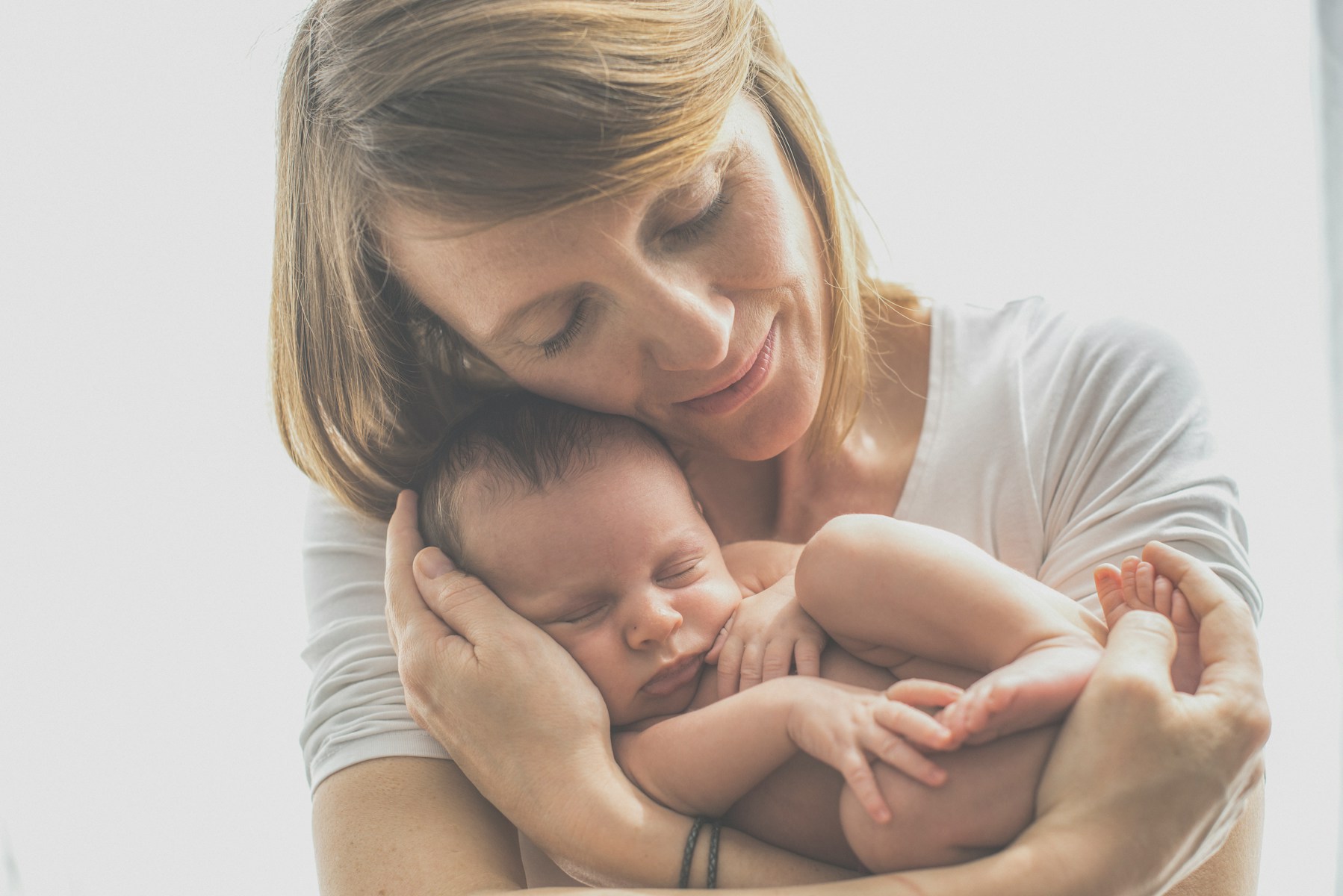The arrival of a child is never completely predictable and calibrated. Even after pregnancy and childbirth, which have worked perfectly well, young mothers may experience more or less severe disturbances. Besides the very classic baby blues, there is post-natal depression, a real depression, and puerperal psychosis. The latter is rare (one birth in a thousand) but very severe because, untreated, it can lead to a dramatic event.

Postpartum psychopathology encompasses all psychic disorders that may occur to a woman who has just given birth. We can distinguish baby blues, postnatal depression and puerperal psychosis.


Women with little or no surroundings are of course more fragile. Family problems, poor relations with parents, tensions within the couple are all factors that can predispose to a baby blues or depression. “The relationship with her own mother is very important,” says Catherine Garnier-Petit, psychologist. “The mother has an imprint on her daughter, who in turn will put it on her own child, so if a woman has not taken care of her baby at birth, She becomes a mother “. Being back to home can be a “risky” moment, if the new mom is alone, overwhelmed, without support or anyone to confide in. For puerperal psychosis, the occurrence is completely unexpected. There is no psychiatric history.